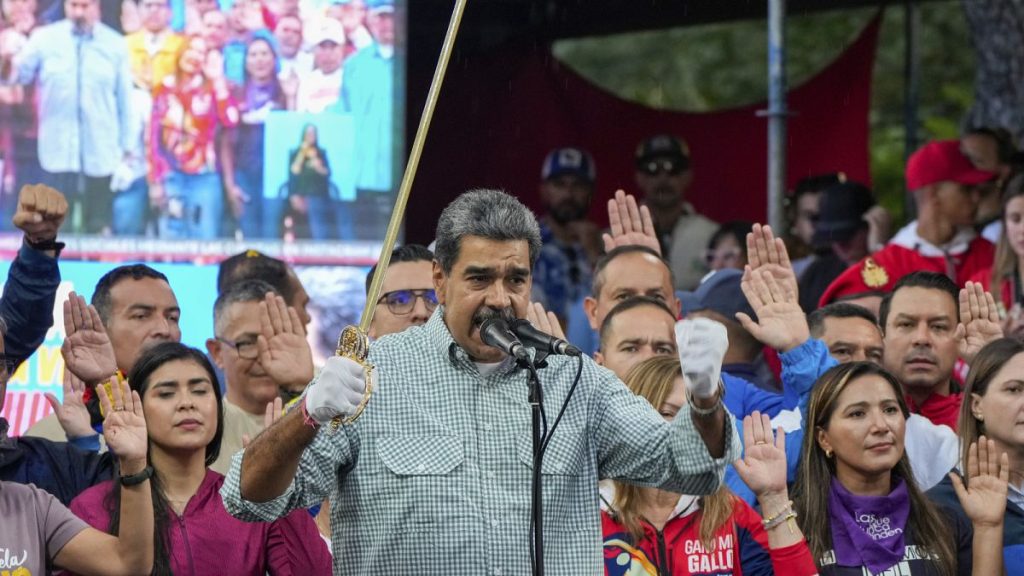The European Union’s 27 foreign ministers have rejected Nicolás Maduro’s claim to re-election in Venezuela, denying his democratic legitimacy. Despite this, Maduro will remain Venezuela’s de facto president. There is no consensus among the ministers to recognize opponent Edmundo González Urrutia as the legitimate President-elect. The highly contested July 28 presidential ballot raised concerns about the lack of transparency in the election, with the opposition claiming evidence that Maduro was defeated. Protests continued in Venezuela amid fears of Maduro tightening his grip on power and refusing to provide verified evidence of his re-election.
The EU’s foreign ministers did not recognize González Urrutia as the election winner, although the political opposition claims voting tallies show he won by a landslide. International calls for the Venezuelan authorities to disclose a comprehensive breakdown of the national vote have been made. A UN panel of experts found that the voting tallies published by the opposition exhibit security features of the original result protocols, which the Venezuelan government has dismissed as forged. The refusal to make these voting tallies public has raised concerns among EU ministers, who worry that they may never be released.
Spain’s foreign minister voiced concern that the voting tallies may never be made public, indicating a potential lack of transparency in the election process. The EU’s top diplomat, Josep Borrell, accepts that Maduro will be Venezuela’s de facto leader despite denying his democratic legitimacy. Maduro has faced criticism from foreign governments over his victory, with the US declaring González the legitimate election winner based on “overwhelming evidence.” The strained relations between the EU and Venezuela have escalated since the EU denounced Maduro’s 2018 re-election as unfree and unfair, leading to the introduction of sanctions to weaken the incumbent president’s grip on power.
The Venezuelan opposition group Plataforma Unitaria Democrática has called on the EU to increase pressure on Maduro’s regime through sanctions while also suggesting more creative solutions to support the democratic movement in Venezuela. Nelson Dordelly Rosales, a Special Advisor on EU Affairs, emphasized the importance of listening to the desires of the Venezuelan population for democratic change. He suggested that the EU should consider financial incentives to promote a democratic transition in the country. While the EU has refrained from imposing new sanctions as long as the political crisis persists, there is a need for innovative approaches to address the ongoing situation in Venezuela and support democratic aspirations.


